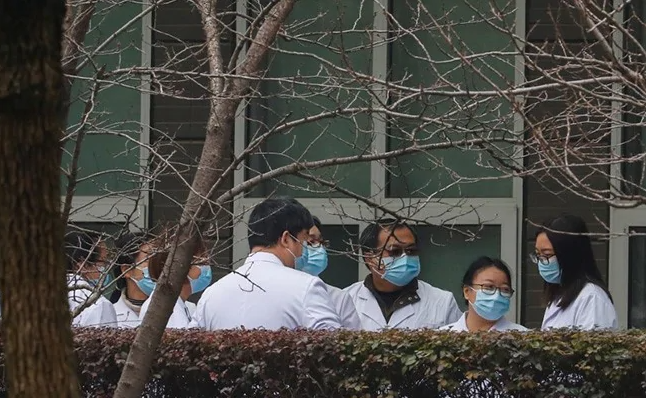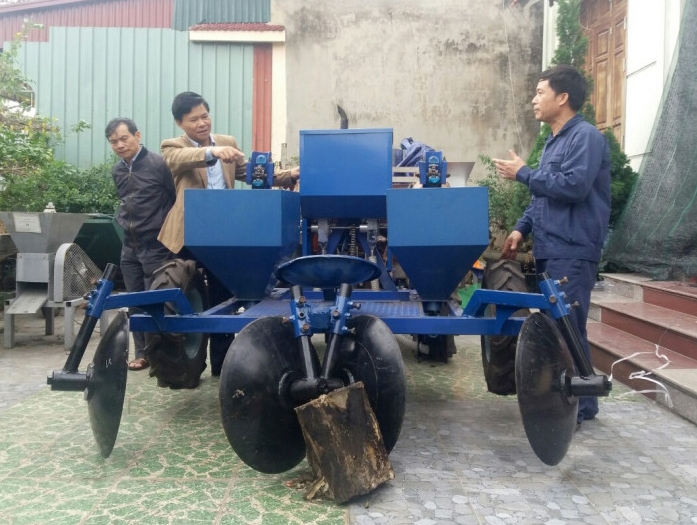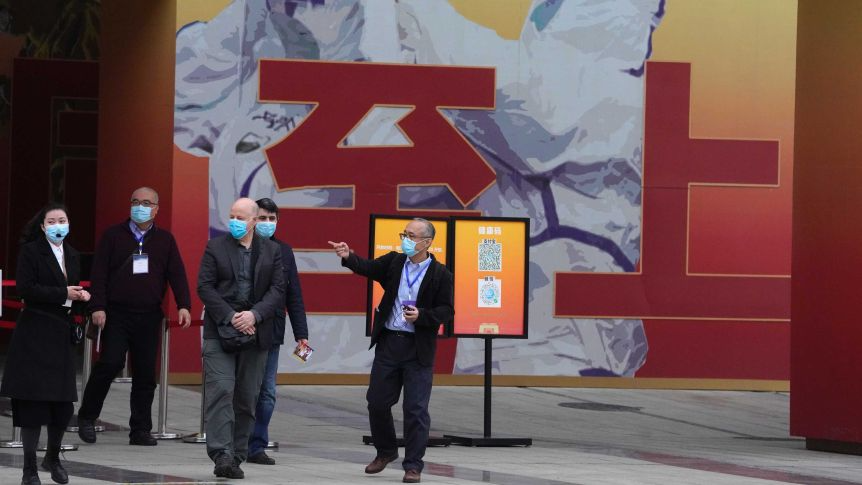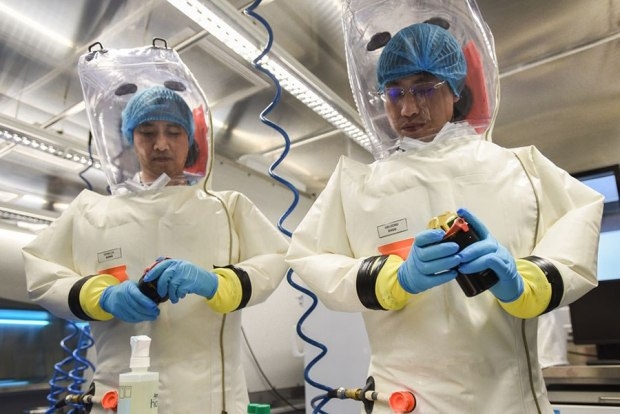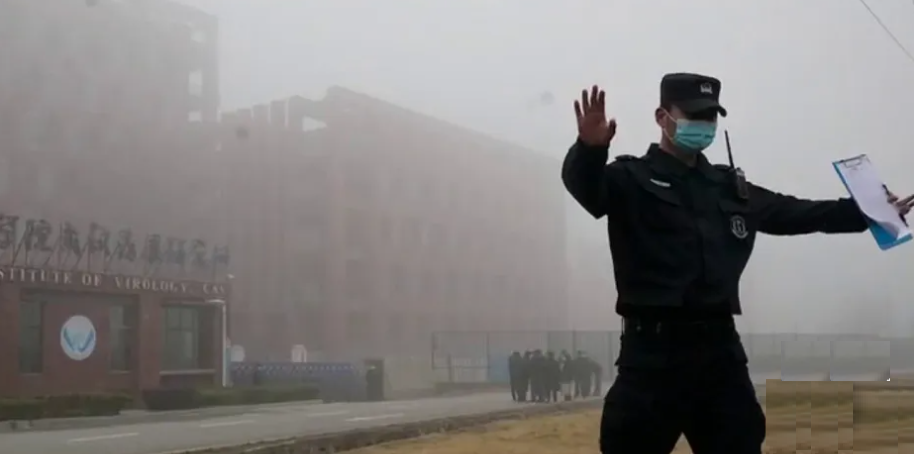WHO discards the "Wuhan lab theory" about COVID's origin, saying it is "extremely unlikely"
 |
| Photo: BBC |
Peter Ben Embarek, the head of the World Health Organization (WHO) mission, said it was "extremely unlikely" that the virus leaked from a lab in the city of Wuhan.
He said more work was needed to identify the source of the virus, according to BBC.
The investigation could now focus on South East Asia, one expert said.
The WHO team are currently at the end of their investigation mission.
Wuhan, in China's central Hubei province, is the first place in the world that the virus was detected in 2019. Since then, more than 106 million cases and 2.3 million deaths have been reported worldwide.
In a lengthy press conference on Tuesday, representatives of the joint WHO/China investigative mission delivered a summary of findings from two weeks in the field.
They said the team’s work did not dramatically change the picture they had before they began, but had added important details to the story. The team found no evidence of widespread circulation of the virus in Wuhan prior to December 2019, and said it was still unclear how it got into the Huanan seafood market, where the virus was initially detected. But, they added, “all the work that has been done on the virus and trying to identify its origin continue to point toward a natural reservoir”, The Guardian reported.
The team said they had examined four main hypotheses for the introduction of the virus into the human population.
The idea that the virus came from a laboratory-related incident – a persistent theory popular with Donald Trump – was “extremely unlikely” and “isn’t a hypothesis we suggest implies further study”, said Peter Ben Embarek, the WHO’s food safety and animal disease specialist and chair of the investigation team.
Dr Embarek said work to identify the origins of Covid-19 pointed to a "natural reservoir" in bats, but it was unlikely that this happened in Wuhan.
He said identifying the animal pathway remained a "work in progress", but that it was "most likely" to have crossed over to humans from an intermediary species.
The experts also said there was "no indication" that the virus was circulating in Wuhan before the first official cases were recorded there in December 2019.
According to BBC, Liang Wannian, an expert with China's Health Commission, said Covid-19 could have been in other regions before it was detected in Wuhan.
The team called for further investigation into the possibility of "cold chain" transmission, referring to the transport and trade of frozen food.
Dr Peter Daszak, a member of the WHO team, said the focus on where the origins that led to Covid-19 might be, could be shifted to South East Asia.
"We've done a lot of work in China and if you map that back it starts to point towards the border and we know that there is very little surveillance on the other side in the whole region of South East Asia," he told the BBC's John Sudworth in Wuhan.
"China is a very big place and South East Asia is a very big place. The supply chains to the Huanan seafood market were extensive, they were coming in from other countries, they were coming in from various parts of China, so to really trace that back it's going to take some work."
He added that the focus should now be on those supply chains.
The hypothesis of direct zoonotic transmission from an animal to a human was worthy of further investigative studies, Embarek said, but the most likely pathway was via an intermediary species that was “potentially closer to humans where the virus can adapt and circulate and then jump to humans”.
However, it was not possible to identify a species as that natural reservoir. Research so far had suggested it was likely bats or pangolins, but Prof Liang Wannian, the head of the expert Covid-19 panel at China’s National Health Commission, said the viruses identified in these species were “insufficiently similar to be identified as the progenitor of Sars-Cov-2”. However, the susceptibility of mink and cats to Covid-19 suggested feline species were potential candidates.
They were also still looking at a theory that it was introduced to the market via an infected person.
Liang stressed that this mission was just the “first part” of the WHO’s investigations into the origins of the virus, which he said China had long cooperated on. In fact, the mission was the result of months of negotiations afterBeijing initially refused to authorise a visit.
Despite the experts’ statements that there remained much more to study, Liang said the Chinese side of the investigation was complete. “The global origin tracing work will therefore not be bound to any location,” he said, adding the eventual findings would benefit the world.
What was the laboratory theory?
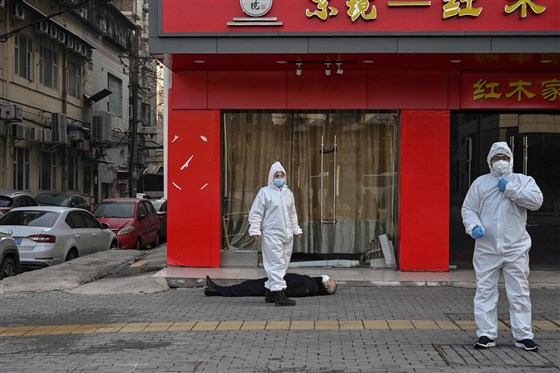 |
| Officials in protective suits checking on an elderly man wearing a facemask who collapsed and died on a street near a hospital in Wuhan on Jan. 30 last year. Hector Retamal / AFP - Getty Images file |
Speculation about the Wuhan Institute of Virology - one of China's top virus research labs - began last year and was propagated by former US President Donald Trump.
In April, US state department cables came to light suggesting that embassy officials were worried about biosecurity there.
The office of the US national intelligence director said at the time that while the virus was not man-made or genetically modified, officials were investigating whether the outbreak began through contact with animals or through a laboratory accident.
But Dr Embarek said a visit to the laboratory during the mission showed it was "very unlikely" that anything could have leaked out.
He said the laboratory theory was "not in the hypotheses that we will suggest for future studies".
China has faced heavy criticism for allegedly downplaying the severity of the initial outbreak of the mysterious, pneumonia-like illness in late 2019, and for not acting quickly enough to alert the WHO of evidence of human-to-human transmission.
Suspicion about China’s handling of the outbreak came after its problematic response to the 2003 SARS pandemic, when it was found that Chinese officials had suppressed and deliberately withheld information from the public. The WHO praised China early for its efforts to contain the Covid-19 outbreak, but questions still remain about where and how the pathogen emerged, Reuters reported.
The WHO's team landed in Wuhan last month, more than a year after Covid-19 was first detected there. The long-awaited visit is part of what will be a lengthy process of piecing together the virus’s origin to answer key questions about the pathogen and how to prevent similar — and possibly worse — future outbreaks.
Team members said they have visited key sites such as the Huanan seafood market, which was linked to an early cluster of infections, as well as the Wuhan Institute of Virology.
Last week, a member of the team said the Chinese side granted full access to all sites and personnel they requested — a level of openness that even he hadn’t expected, The Associated Press reported.
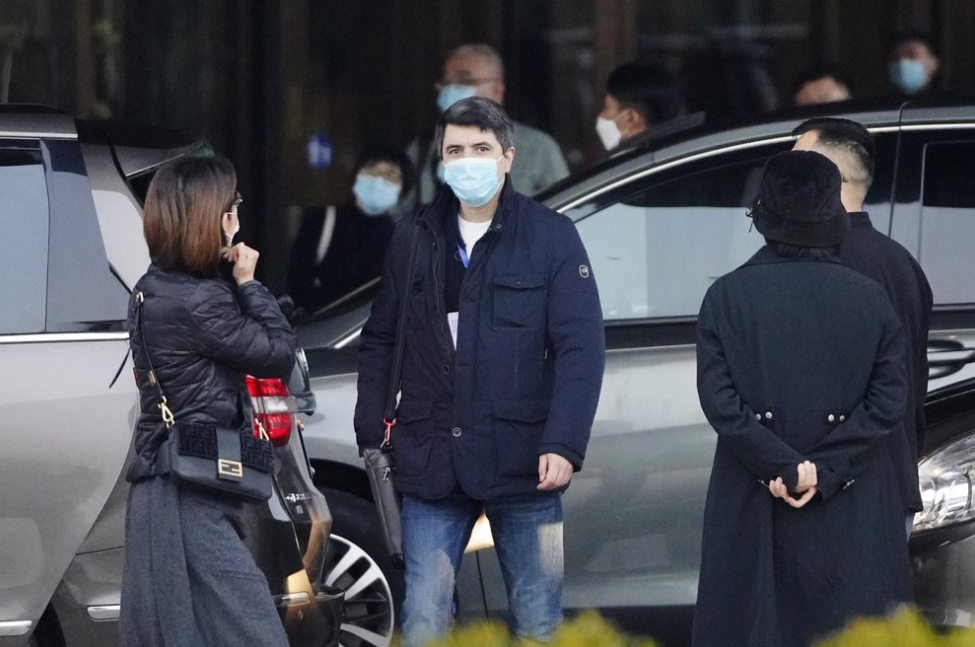 | WHO teams visits Wuhan food market in search of virus clues A World Health Organization team looking into the origins of the coronavirus pandemic on Sunday visited the food market in the Chinese city of Wuhan ... |
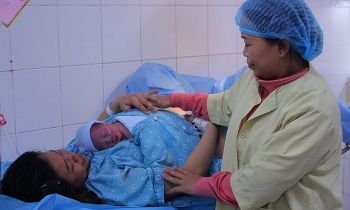 | Women who have 2 children before age 35 to be rewarded with cash Women in 21 provinces and cities in Vietnam who have 2 children before the age of 35 will be rewarded with cash or in kind ... |
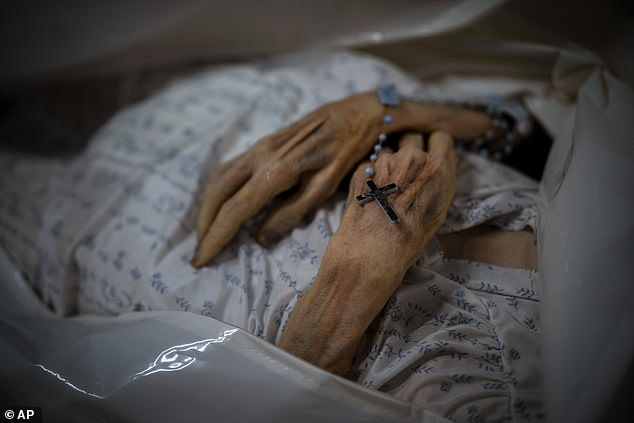 | Spanish woman who 'died' of COVID returned 10 days later A family in Spain is in disbelief after their 85-year-old relative returned to her nursing home 10 days after they were told she had died ... |
Recommended
 World
World
Pakistan NCRC report explores emerging child rights issues
 World
World
"India has right to defend herself against terror," says German Foreign Minister, endorses Op Sindoor
 World
World
‘We stand with India’: Japan, UAE back New Delhi over its global outreach against terror
 World
World
'Action Was Entirely Justifiable': Former US NSA John Bolton Backs India's Right After Pahalgam Attack
 World
World
US, China Conclude Trade Talks with Positive Outcome
 World
World
Nifty, Sensex jumped more than 2% in opening as India-Pakistan tensions ease
 World
World
Easing of US-China Tariffs: Markets React Positively, Experts Remain Cautious
 World
World

